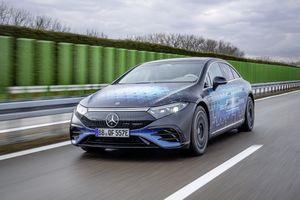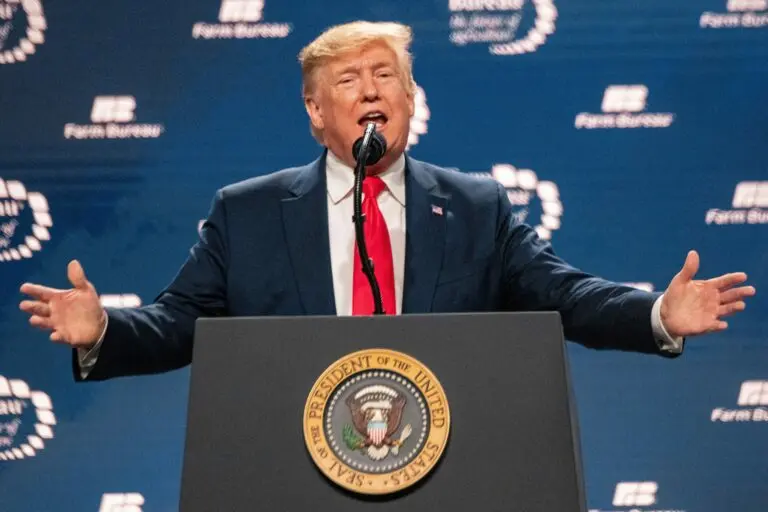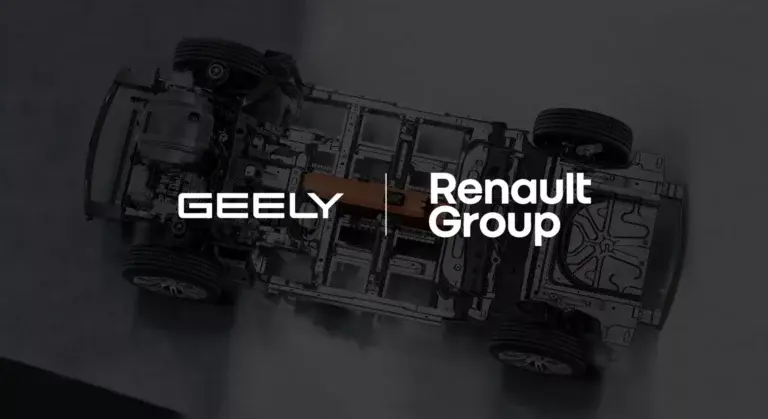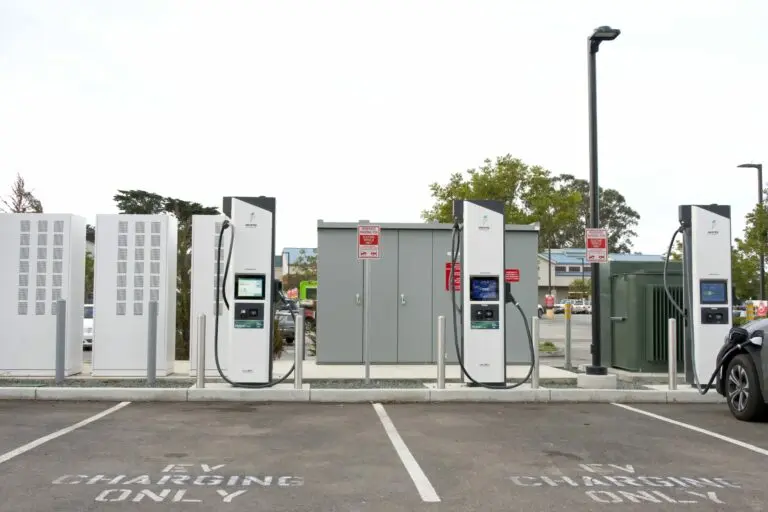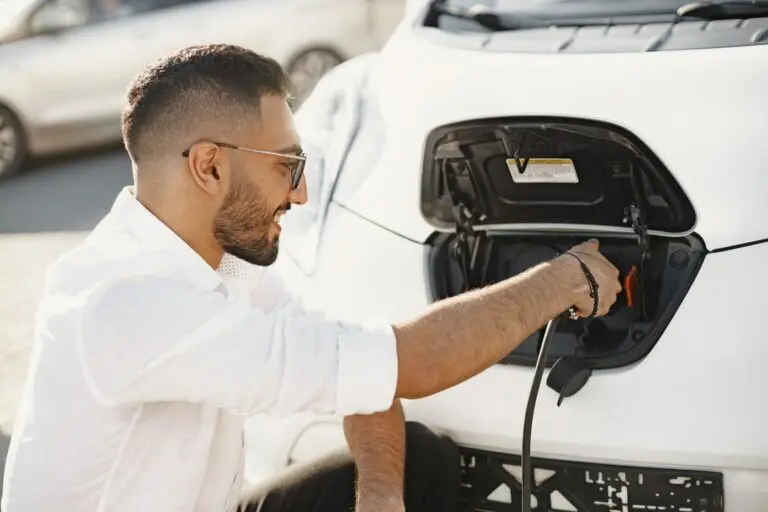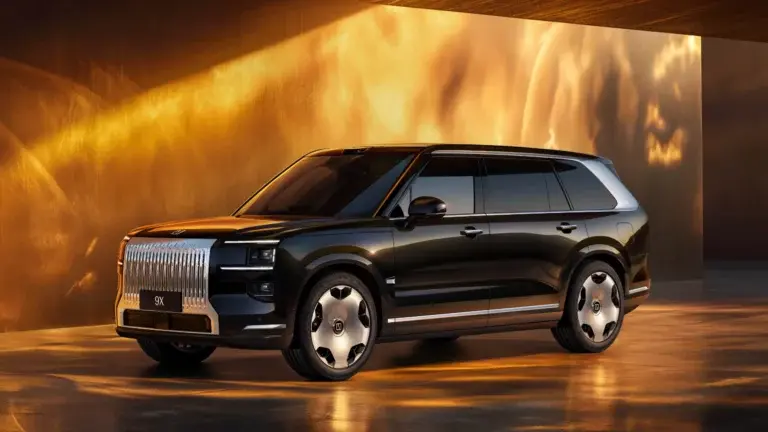Mercedes-Benz has officially announced that it plans to market an electric vehicle with a solid electrolyte battery by 2030. Markus Schäfer, head of development at Mercedes, made the official announcement on 16 July 2025.
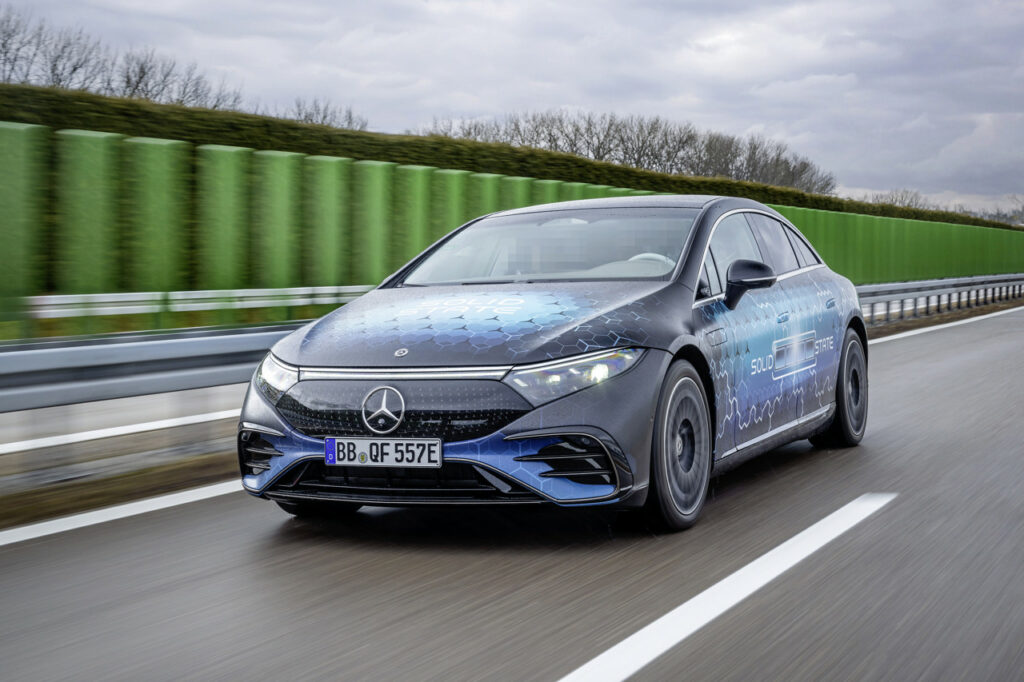
A strategic partnership for the Mercedes solid state battery
This is a major step in the automotive industry’s energy transition, and a real technological challenge for Mercedes-Benz. But the German firm is not going it alone. It has joined forces with the American start-up Factorial Energy, a pioneer in the development of solid-state batteries. Together, the two companies hope to gain a head start in the « super-battery » race. And the advantages of this new technology are numerous: up to 25% more range than conventional lithium-ion batteries, which are now ubiquitous in electric vehicles.
Another major advantage: significant weight savings. A crucial point for the electric sports car industry, where every kilo counts. Less mass means more agility, more performance… and more efficiency.
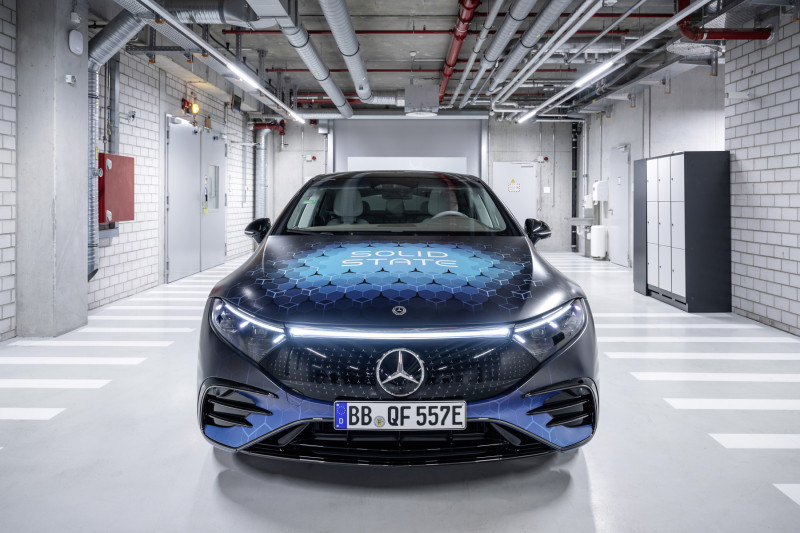
When it comes to safety, solid batteries also score well. The absence of liquid electrolyte considerably reduces the risk of overheating or even fire. Last but not least, these batteries allow shorter recharging times because of their solidity and the fact that overheating is almost impossible at the moment. A decisive factor in the mass adoption of EVs.
A prototype based on the EQS electric saloon has already been on test since early 2025. In terms of range, Mercedes claims a theoretical range in excess of 1,000 kilometres.
With this announcement, Mercedes confirms its entry into the global race for the battery of tomorrow, alongside BMW and Stellantis, but above all in the face of a China that is already far ahead. Europe, for its part, is investing massively so as not to remain a spectator. Ultimately, this is where the real revolution in electro-mobility will come from: a lighter, safer, higher-performance battery…

